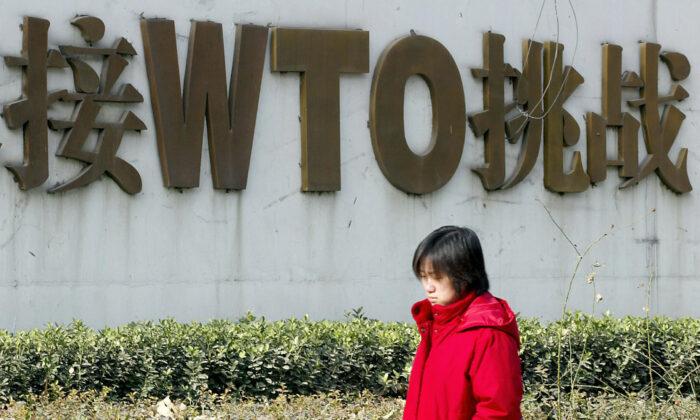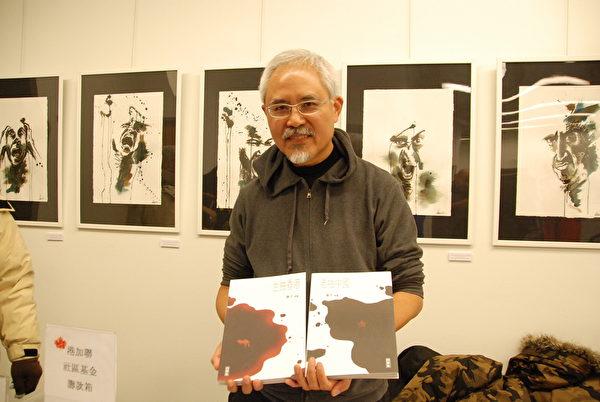In early June, Hong Kong’s Education Bureau (EDB) issued a circular to the primary and secondary schools about the third anniversary of the national security law. Apart from recommending relevant online games and teaching resources, it advises the use of a “summer self-learning kit” so that students can make good use of the summer vacation to enhance their “understanding of national conditions and national security.”
The kit contains 62 multiple-choice (MC) questions, and students are advised to do one a day. But does the vacation last that long? And are the questions so difficult that they can only complete one a day? I find the advice a bit weird.
I have been in the assessment field for more than 20 years, and I am naturally interested in these MC questions, as it is the first time since the opening of Hong Kong 180 years ago that students are assigned national security-related homework during their summer vacation.
Given the current situation of Maoist-styled redness over professionalism, no one will expect high-standard teaching materials from the Bureau. But it is still a shock when one confronts such jaw-dropping questions.
1. The questions contain too many trivial and unfamiliar names and facts. UNESCO heritage sites in China, the nickname of the Marco Polo Bridge, the bronze chariot found in the tomb of Emperor Qin Shi Huang—founder of the first unified Chinese empire—and transferred to a new museum: how can they be related to China’s national security?
2. The kit is a sloppy production. There are two questions on the Treaty of Nanjing, which ceded Hong Kong to Britain, with identical options. One question is set on the Greater Bay Area, which as a conception was not proposed until 2015, but asks about the 1980s. The most jaw-dropping are two questions that contain a statement and four options but without giving any valid questions.
3. Some questions are based on unsound facts. For example, one is set on the invasion of Taiwan during the reign of the Qing Emperor Kangxi “for the sake of unification.” However, according to the same source that EDB has quoted, Taiwan was considered a “barbarian foreign territory” that had remained beyond Chinese sovereignty. This question obviously adopts an interpretation that favours China’s territorial claims.
4. The kit contains ethical problems. It is established custom that particular caution is required when setting questions on massive death and massacres to avoid stirring up unnecessary emotions. However, the kit contains the following question, “On August 6, 1945, the United States dropped an atomic bomb on _____ (the answer is Hiroshima) in Japan to hasten the end of the Second World War. The War left a casualty of more than 35 million Chinese soldiers and civilians dead and property loss reaching US$600 billion.”
The two atomic bombs, one in Hiroshima and one in Nagasaki, led to a death toll of 200,000, most of which were civilians. The phrasing of this question is tantamount to informing students that a massacre was necessary to effectively end the War, and Japan’s death toll was nothing when compared with China’s. For a question about a human tragedy that nobody wanted, the Education Bureau masked the casualty using a vague expression “dropped an atomic bomb” and proceeded immediately to talk about the casualties of China, not that of Japan. I have never seen a history question more cold-blooded than this, though this question is perfectly understandable against the backdrop of Hong Kong’s present patriotic discourse that hatred towards Japan is to be actively promoted, using historical issues such as the Second World War and current issues such as the Fukushima nuclear wastewater.
All-embracing, vague in expression, wrong in fact and context, and even unethical—don’t think that this is a question of standard. Rather, national security is hopefully achieved by fragmentation of knowledge and fear to question problematic facts, at the sacrifice of independent and critical thinking of the next generations.
A young man from Hong Kong, who has now settled in the UK, attained excellence in History in the Hong Kong Diploma of Education Examination, Hong Kong’s university admission exam. He got in touch with me through Instagram. When we chatted recently, he wrote, “The liberation of Taiwan is a historical necessity.” I was taken aback, as “liberation” (jiefang) is a communist term for invasion to achieve “national unification.” When asked where he learned this phrase, he said that his Chinese History textbook at Form Three (equivalent to Grade 9 in the USA) “said so.”
The words one learns shape one’s mind. Hong Kong students have to be particularly cautious during this national security summer vacation.





